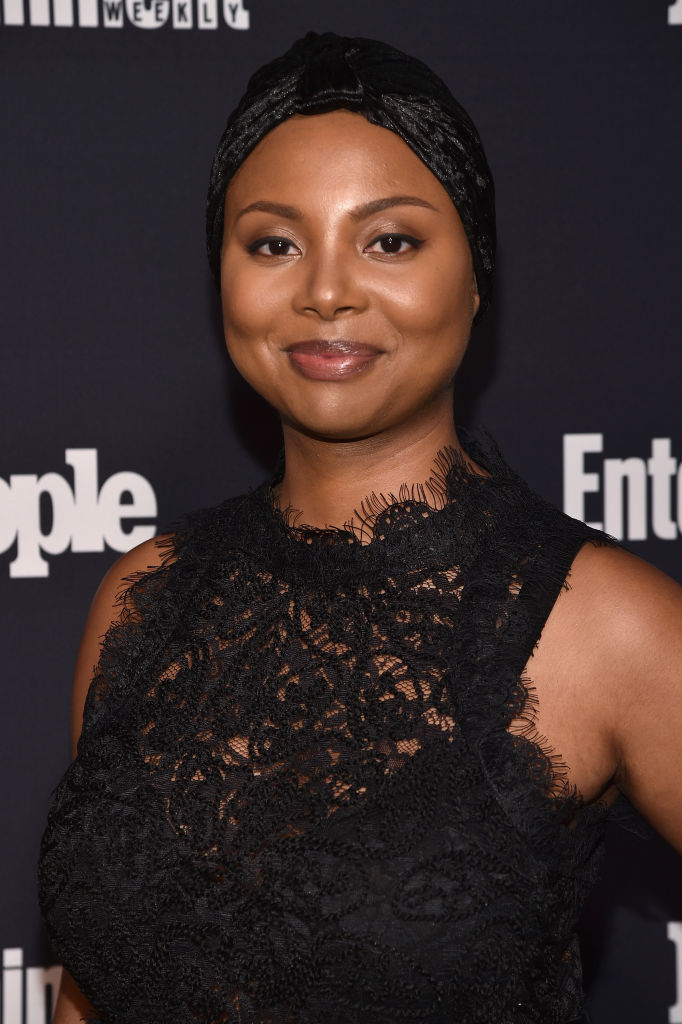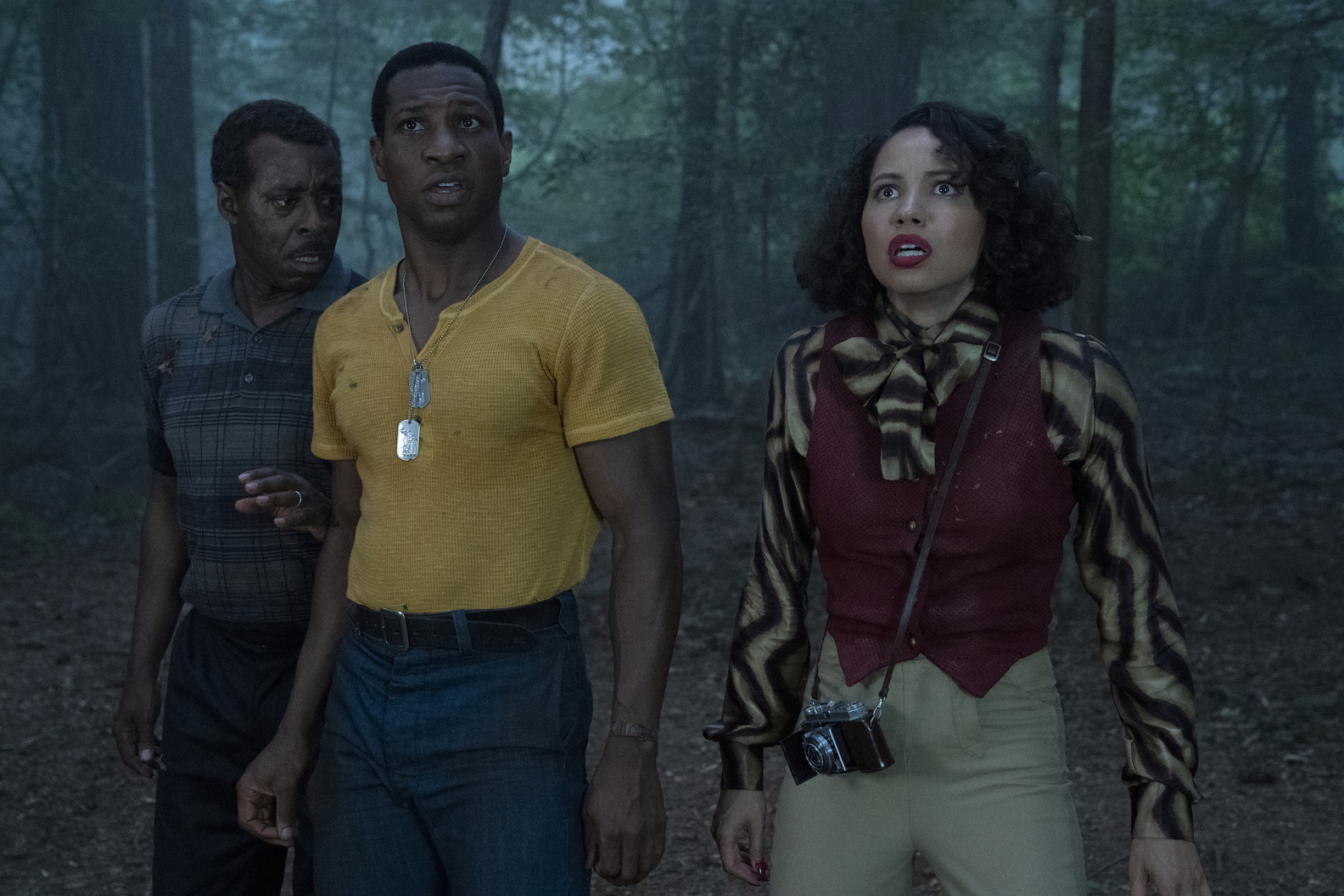
- Television
Showrunner Misha Green Explores Lovecraft Country
Courtney B. Vance), and the trio travel through some of the most dangerous parts of the South, where they can be shot on sight after dark. But it turns out that white racists are not their biggest concern as they encounter terrifying supernatural creatures in the forest who don’t care what color their skin is.
Get Out, Us) Peele and they have produced the show with J.J. (Lost, Westworld, Star Trek) Abrams. The biggest challenge for the 35-year-old TV writer, whose credits also include Sons of Anarchy, Helix, and Spartacus: Blood And Sand, may just be how to describe her show when it defies every genre and trope in entertainment.
How did this project come to you?
He told me about this book, Lovecraft Country, that was at his agency and asked if I wanted to read it. So we both got the book, and we both read the first few chapters, and we were like, “This would be a great TV show!” We were both in that space of using the horror genre as kind of a metaphor to go deeper and talk about something deeper; he was doing it with Get Out and I was doing it with Underground: the idea of Underground was that it seemed to be a heist story, but was really a story set in slavery where what was important – what was the heist – is your whole life. Then Get Out came out, and Underground finished after two seasons, and we were like, “This is the time to do this for sure!”
There is definitely a Get Out vibe in one episode. Was that Jordan’s influence?
In the idea of repurposing and reusing Lovecraft, who was a major racist, we take what’s great about the horror tropes he created and infuse them into a new way of thinking, which I think is what Get Out was doing. So, I think definitely Get Out influences the whole show because it’s like that same idea that Jordan and I were having similar feelings about – how to take genre and reuse it to tell a story, while also keeping the entertainment value of the genre.
How do you describe this series? By genre?
Talk about the sheer size of this show and the challenges that presented?
It took eight months to shoot it, which is a very long time, and it felt like we shot many movies, because again, each one is a trip and so it’s always going to different places. Episode four is basically an Indiana Jones adventure where they break into a museum and go into an underground tunnel that is booby-trapped. And in another episode, a character goes through a portal into a future world, so effects-wise, I think there is an average of at least 200 VFX shots per episode, which is pretty crazy!

Courtney B. Vance, Jonathan Majors, and Jurnee Smollett in a scene from Lovecraft Country.
Eli Joshua Ade/hbo
You couldn’t have predicted that your series would come out in a pandemic amid huge cultural changes. Does it feel like a very poignant time to release a show like this?
So, I think that the powder keg of that was building up no matter what. To me, I don’t know if it’s a poignant time; I am just excited to see what is happening with this social movement because it does feel different and that excites me. I think if Lovecraft Country can be a participant in that, that’s beautiful and that is what you want your art to do; you want it to speak to the times.
How was J.J. Abrams involved as a producer?
Like Patty Jenkins with Wonder Woman, do you feel you are now inspiring a generation of women, and women of color, to be showrunners of major series?
So, it’s fun for me to have access to it now, but it doesn’t make me special, because we are all out here doing the work, and it’s just about what stories we are deciding to platform. Women and women of color shouldn’t necessarily need me to inspire them, that’s all I am saying. If more women had access to these resources too, I would be inspired by them.

